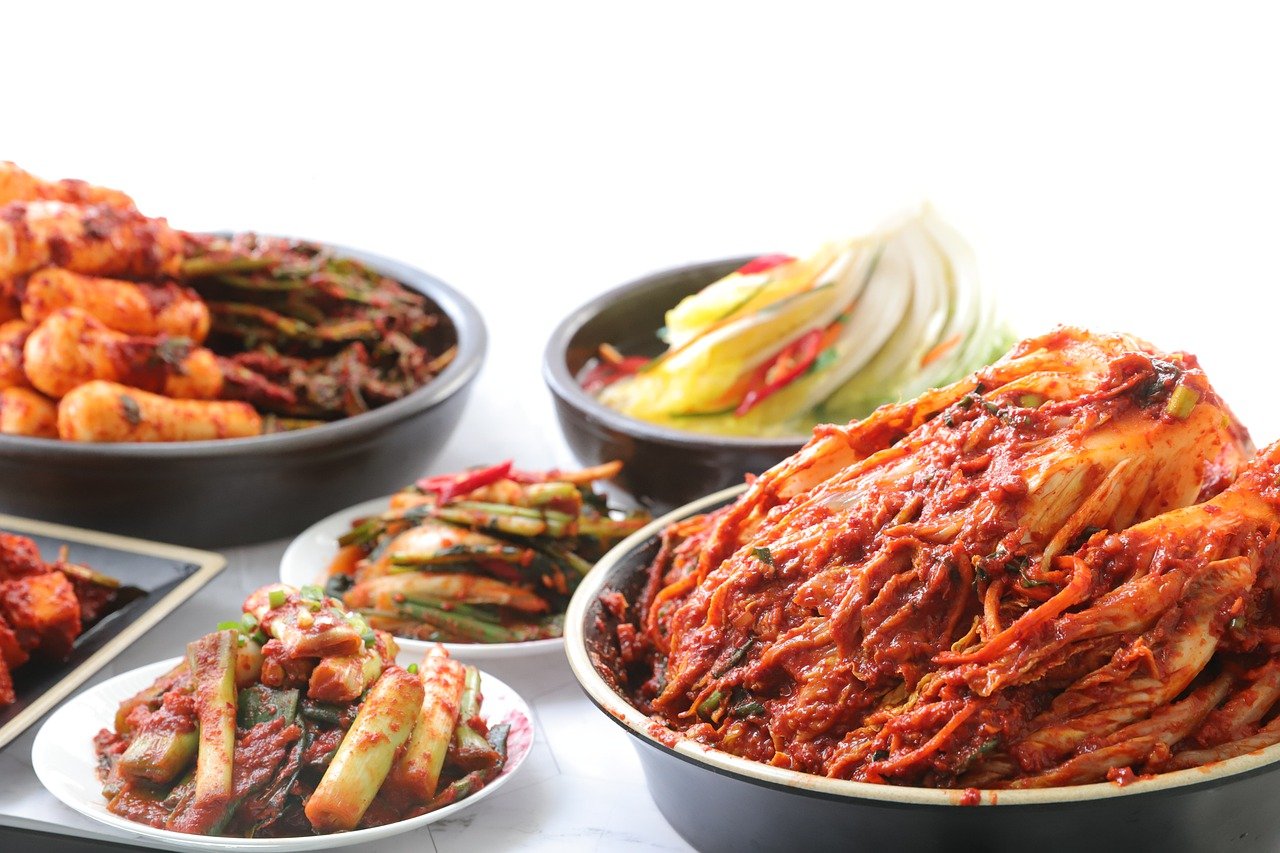The Role of Convenience in Meal Kit Adoption: Allpaanel com mahadev book, Playexchange99, Gold365 login
allpaanel com mahadev book, playexchange99, gold365 login: The Role of Convenience in Meal Kit Adoption
In recent years, meal kit delivery services have surged in popularity, offering a convenient and innovative solution for busy individuals and families looking to enjoy home-cooked meals without the hassle of grocery shopping and meal planning. The success of these services can be largely attributed to the role of convenience in meal kit adoption.
Convenience is a crucial factor that drives consumers to choose meal kits over traditional grocery shopping and cooking. With meal kits, customers can skip the time-consuming tasks of recipe research, ingredient sourcing, and meal prep, allowing them to enjoy delicious meals in a fraction of the time. This convenience factor has become a key selling point for meal kit companies, attracting a wide range of customers who value their time and are willing to pay for the convenience of having all the ingredients they need delivered right to their doorstep.
The convenience of meal kits also extends to the flexibility they offer in terms of meal customization and scheduling. Customers can choose from a variety of recipes each week, allowing them to cater to their specific dietary preferences and restrictions. Additionally, meal kits can be delivered on a weekly basis, making it easy for customers to plan their meals in advance and avoid the stress of last-minute grocery shopping.
Moreover, meal kits simplify the cooking process by providing pre-portioned ingredients and detailed recipe cards with step-by-step instructions. This makes it easy for even novice cooks to prepare restaurant-quality meals in their own kitchens, without the need for extensive cooking skills or experience. The convenience of meal kits in simplifying the cooking process appeals to busy individuals who want to enjoy home-cooked meals but lack the time or expertise to do so.
Another aspect of convenience that plays a significant role in meal kit adoption is the overall time savings that these services offer. By eliminating the need to plan meals, shop for ingredients, and prepare recipes from scratch, meal kits can save customers hours of time each week. This time-saving aspect is particularly attractive to busy professionals, parents, and individuals with hectic schedules who struggle to find the time to cook healthy meals at home.
In addition to convenience, meal kits can also offer cost savings by reducing food waste and allowing customers to avoid impulse purchases at the grocery store. With pre-portioned ingredients, customers can minimize waste by using only what they need for each recipe, eliminating the need to buy full-size packages of ingredients that may go unused. By controlling portion sizes and providing exact quantities of each ingredient, meal kits can help customers save money on groceries and reduce their overall food expenses.
Overall, the role of convenience in meal kit adoption cannot be overstated. The time-saving benefits, meal customization options, and simplified cooking process offered by meal kits have resonated with a wide range of consumers looking for a convenient and efficient solution to their mealtime needs. As meal kit delivery services continue to evolve and innovate, it is clear that convenience will remain a key driver of their popularity and success in the increasingly competitive food delivery market.
FAQs
Q: Are meal kits a sustainable option for the environment?
A: Meal kits can be a more sustainable option compared to traditional grocery shopping, as they can help reduce food waste by providing pre-portioned ingredients and minimizing the need for excess packaging. However, some meal kit companies are taking steps to improve their sustainability by using recyclable or compostable packaging materials and sourcing ingredients from local and sustainable suppliers.
Q: Are meal kits suitable for individuals with dietary restrictions?
A: Many meal kit companies offer a range of recipes that cater to various dietary preferences and restrictions, including vegetarian, vegan, gluten-free, and dairy-free options. Customers can choose recipes that align with their specific dietary needs and customize their meals accordingly.
Q: How do meal kits compare in terms of cost to traditional grocery shopping?
A: The cost of meal kits can vary depending on the company and the types of meals selected. While meal kits may be slightly more expensive per serving compared to buying ingredients in bulk at the grocery store, they can help customers save money by reducing food waste and avoiding impulse purchases. Additionally, the convenience and time savings offered by meal kits may outweigh the slightly higher cost for some customers.







